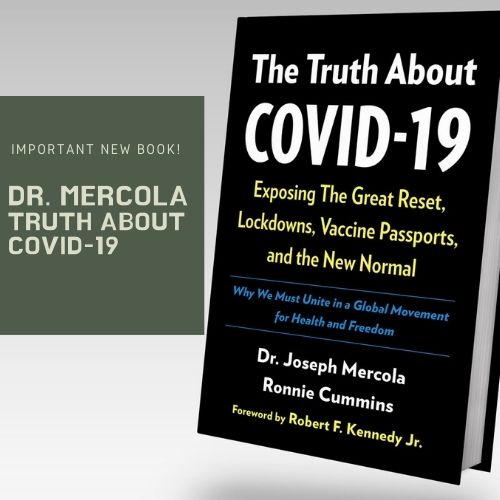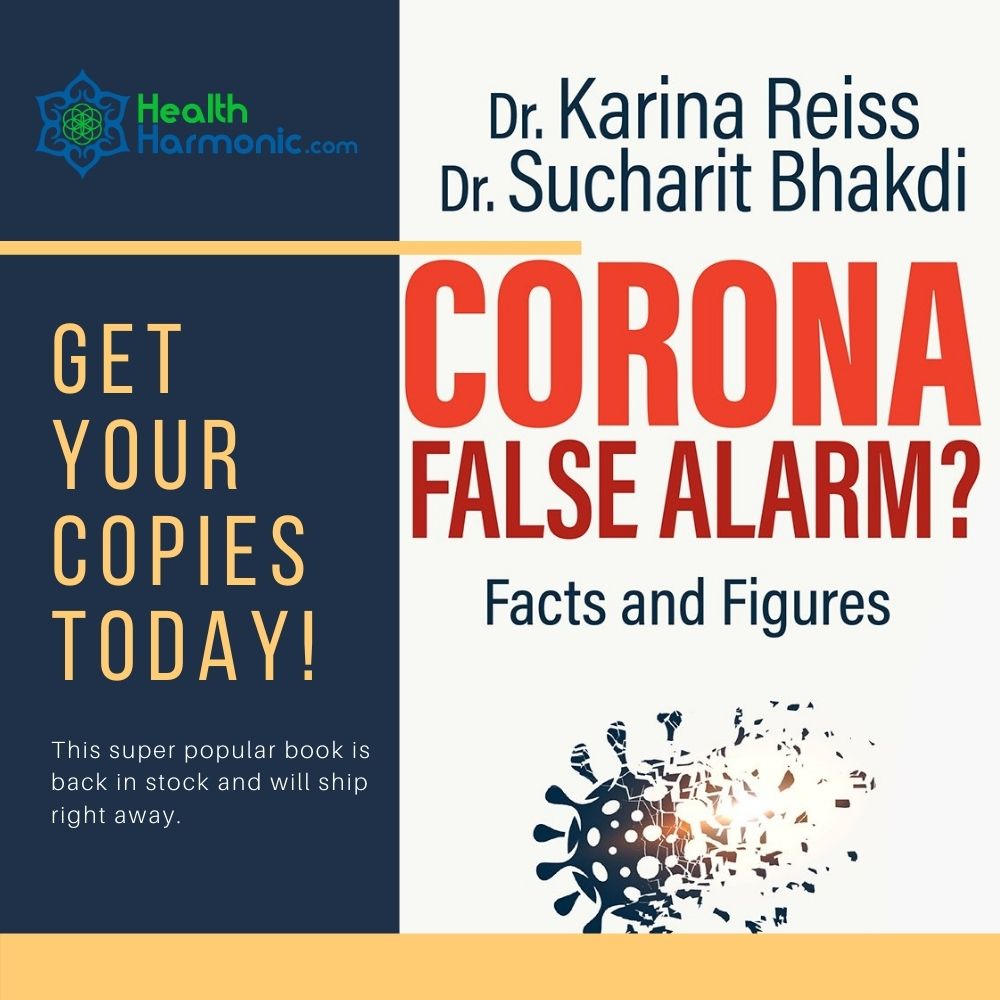
Aging is a fact of life, everyone will go through it at some point. But what if science has finally found a way to stop aging for good? A group of scientists may have figured out how to reverse the signs of aging in animal tests and human cells.

According to David Sinclair, a Harvard University geneticist and anti-aging researcher "who was not involved in the study but is doing similar work," epigenetic reprogramming is key to extending one's lifespan and slowing down aging.
On the other hand, Matt Kaeberlein, a molecular biologist at the University of Washington said that it's quite possible to not only slow down aging but to reverse its effects, even restoring youthful functions among the elderly.
(Minds) By undoing the changes in gene activity that are brought about by daily life, scientists have begun to slow, and even reverse, ageing.
The scientists tweaked genes that turn adult cells back into embryoniclike ones in mice and have resounding success extending their lives.
The changes included the reversal of mouse and human cells in vitro, extending the life of a mouse with an accelerated-aging condition and successfully promoting recovery from an injury in a middle-aged mouse.
The research is continuing at the Salk Institute for Biological Studies.
“Aging is something plastic that we can manipulate,” says Juan Carlos Izpisua Belmonte, the study’s senior author and an expert in gene expression at Salk.
In their study they rejuvenated cells by briefly turning on four genes that have the capacity to convert adult cells back into an embryoniclike state.
Image courtesy of: Suvomoy Nandy






